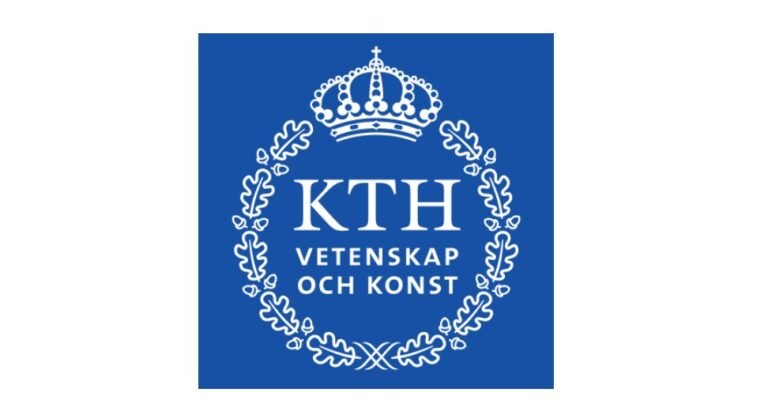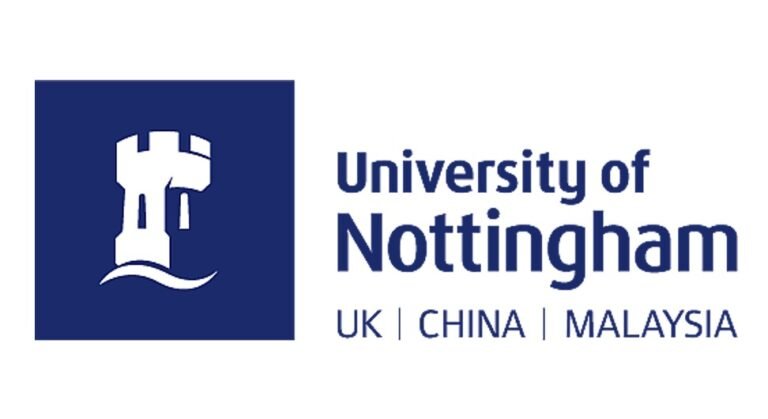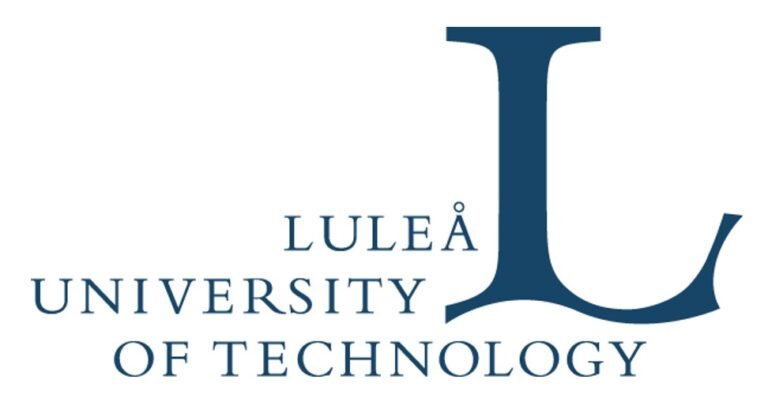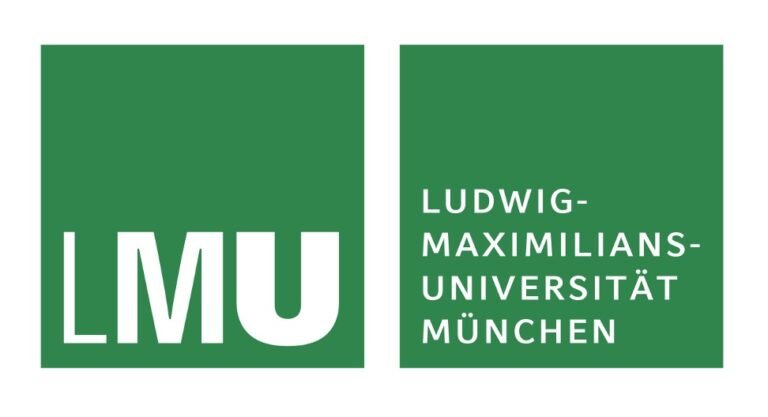Project description
Third-cycle subject: Architectural and Civil Engineering
In the transition toward low-energy buildings and the 5th generation of district heating, using data-driven approaches to integrate decentralized renewables with optimal control will play a vital role. You will join an exciting research team and interdisciplinary Swedish and EU projects to develop and apply machine learning (ML) techniques, novel system control and optimization methods to integrate/operate various thermal storage and building HVAC systems. You will perform dynamic simulations of energy operation (both thermal and power), as well as testing the developed ML methods/control solutions in multiple live-in-labs across Europe. You will work closely with a large number of industry partners and other researchers to manage project deliverables.
Supervision: Dr. Qian Wang and Dr. Annika Gram is proposed to supervise the doctoral student. Decisions are made on admission
What we offer
- The possibility to study in a dynamic and international research environment in collaboration with industries and prominent universities from all over the world.
- A workplace with many employee benefits and monthly salary according to KTH’s Doctoral student salary agreement.
- A postgraduate education at an institution that is active and supportive in matters pertaining to working conditions, gender equality and diversity as well as study environment.
- Help to relocate and be settled in Sweden and at KTH.
Admission requirements
To be admitted to postgraduate education (Chapter 7, 39 § Swedish Higher Education Ordinance), the applicant must have basic eligibility in accordance with either of the following:
- passed a second cycle degree (for example a master’s degree), or
- completed course requirements of at least 240 higher education credits, of which at least 60 second-cycle higher education credits, or
- acquired, in some other way within or outside the country, substantially equivalent knowledge
Additional requirements:
- MSc, or equivalent in mechanical engineering, electrical engineering, applied mathematics, control engineering
- Strong skills in mathematics, energy system control, programming and experiences working with building HVAC systems
- Good skills and proficiency in the use of current state-of-the-art machine learning frameworks, such as Python, Tensorflow, scikit-learn, etc., for developing ML applications
In addition to the above, there is also a mandatory requirement for English equivalent to English B/6.
Selection
In order to succeed as a doctoral student at KTH you need to be goal oriented and persevering in your work. During the selection process, candidates will be assessed upon their ability to:
- independently pursue his or her work
- collaborate with others,
- have a professional approach and
- Ability to work analytically and with curiosity on complex issues, acquire new knowledge, and apply it in research.
- Knowledge in programming and building energy system modelling are required
- Experience working with energy simulation environments is a strong plus, such as Trnsys, Dymola, Modelica, etc.
Additionally, good communication skills in written and spoken English are required, as it is essential for daily work. Proficiency in Swedish, both spoken and written, are highly desirable for the same reasons.
After the qualification requirements, great emphasis will be placed on personal skills.
Target degree: Licentiate degree
Information regarding admission and employment
Only those admitted to postgraduate education may be employed as a doctoral student. The total length of employment may not be longer than what corresponds to full-time doctoral education in four years’ time. An employed doctoral student can, to a limited extent (maximum 20%), perform certain tasks within their role, e.g. training and administration. A new position as a doctoral student is for a maximum of one year, and then the employment may be renewed for a maximum of two years at a time. In the case of studies that are to be completed with a licentiate degree, the total period of employment may not be longer than what corresponds to full-time doctoral education for two years.
Union representatives
Contact information for union representatives.
Doctoral section (Students’ union on KTH Royal Institute of Technology)
Contact information for doctoral section.
To apply for the position
Apply for the position and admission through KTH’s recruitment system. It is the applicant’s responsibility to ensure that the application is complete in accordance with the instructions in the advertisement.
Applications must be received at the last closing date at midnight, CET/CEST (Central European Time/Central European Summer Time).
Applications must include the following elements:
- CV including your relevant professional experience and knowledge.
- Application letter with a brief description of why you want to pursue research studies, about what your academic interests are and how they relate to your previous studies and future goals. (Maximum 2 pages long)
- Copies of diplomas and grades from previous university studies and certificates of fulfilled language requirements (see above). Translations into English or Swedish if the original document is not issued in one of these languages.Copies of originals must be certified.
- Representative publications or technical reports. For longer documents, please provide a summary (abstract) and a web link to the full text.
Other information
Striving towards gender equality, diversity and equal conditions is both a question of quality for KTH and a given part of our values.
For information about processing of personal data in the recruitment process.
According to The Protective Security Act (2018-585), the candidate must undergo and pass security vetting if the position is placed in a security class. Information regarding whether the position is subject to such a classification will be provided during the recruitment process.
We firmly decline all contact with staffing and recruitment agencies and job ad salespersons.
Disclaimer: In case of discrepancy between the Swedish original and the English translation of the job announcement, the Swedish version takes precedence.







